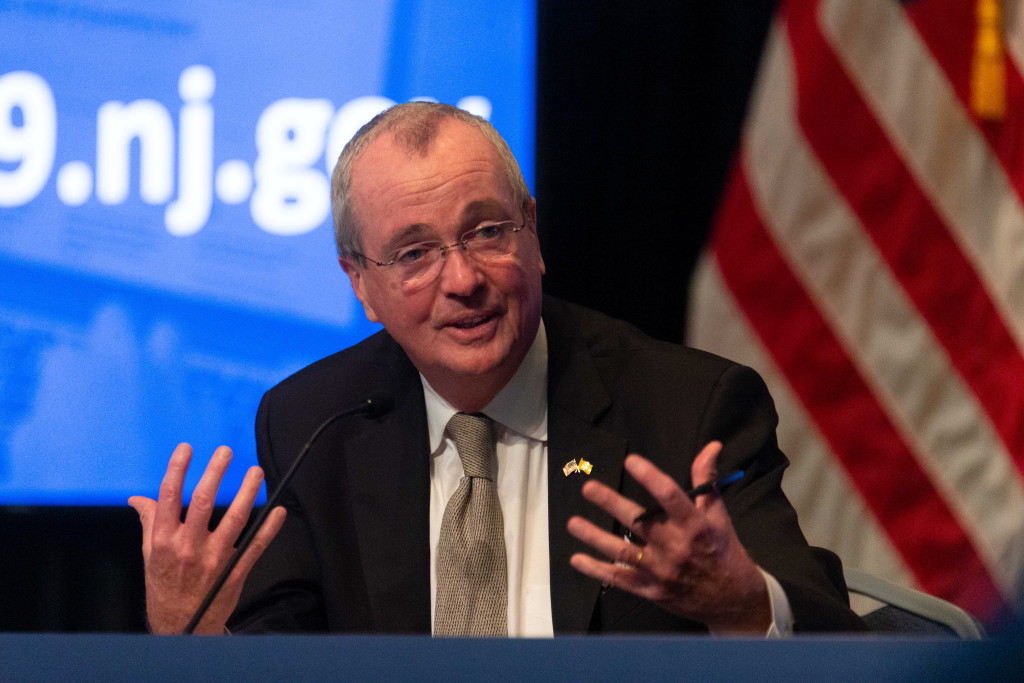Democratic Gov. Phil Murphy, Democratic state Senate President Steve Sweeney, Democratic state Assembly Speaker Craig Coughlin and other state officials have announced an agreement on middle class tax relief and property tax relief measures in the Fiscal Year 2022 budget.
The announcement was made in a June 21 press release from the Governor’s office.
“Tax relief is a critical component of a stronger and fairer New Jersey,” Murphy was quoted as saying in the press release.
“With each budget I have introduced, we have provided greater relief to those who need it most; through our continued expansion of the Earned Income Tax Credit, the establishment and expansion of a Child and Dependent Tax Care Credit, increased tax relief for veterans, middle class tax rebates, and now the long-overdue expansion of the homestead benefit to make sure relief reflects reality.
“I am proud to join with my partners in the Legislature to make sure the best state to live in America is more affordable for families,” Murphy said.
According to the press release, key tax relief components of the Fiscal Year 2022 budget include, but are not limited to:
• Middle class tax rebate: In Fiscal Year 2022 (which begins July 1), more than 760,000 New Jersey families will receive an up to $500 tax rebate due to the millionaires tax enacted by Murphy and the Legislature in the fall of 2020. Families will receive these rebates over the summer. The estimated program cost is $319 million;
• Updating the homestead benefit base year to 2017: The Fiscal Year 2022 Appropriations Act will update homestead benefit payments so they are based on 2017 property tax information, which is the most recent payment information available, instead of 2006 records.
This change is estimated to increase the average benefit for seniors and disabled homeowners by more than $130 and the average benefit for lower income homeowners by $145. The estimated program cost is nearly $80 million;
• Child and Dependent Care Credit (CDCC) expansion: This budget proposes expanding the CDCC that Murphy and Legislature enacted in 2018 so it is both available for families making up to $150,000 and refundable.
This change will benefit more than 80,000 more families, and increase the average credit for those making under $30,000 to $277. The estimated cost is $17 million;
• Extending the veterans property tax deduction to peacetime veterans: The Appropriations Act will support the expanded deduction approved through the 2020 ballot measure. The estimated foregone revenue cost is $15 million;
• Expanding the Earned Income Tax Credit (EITC) age of eligibility of 21 to 18 and to those over age 65: Murphy and the Legislature have provided middle class tax relief by boosting the EITC from 35% to 40% since 2018.
In 2020, the Governor led on expanding eligibility to an additional 60,000 New Jersey residents by lowering the minimum age from 25 to 21, according to the press release.
In Fiscal Year 2022, Murphy and the Legislature will expand eligibility to those 65 and older without dependents and to those as young as 18, which is projected to help another 90,000 residents; approximately 70,000 over 65; and 20,000 between the ages of 18 and 21. The estimated foregone revenue cost is $13 million, according to the press release.

